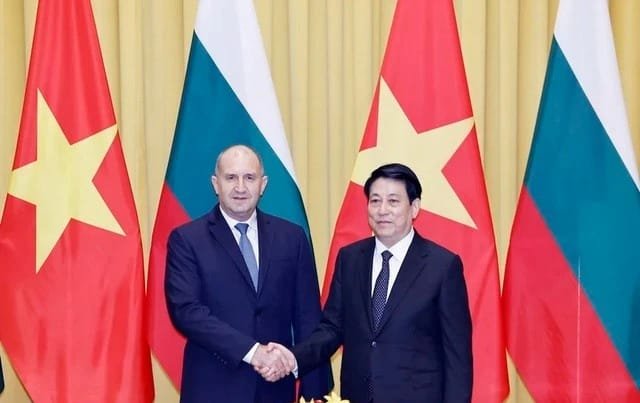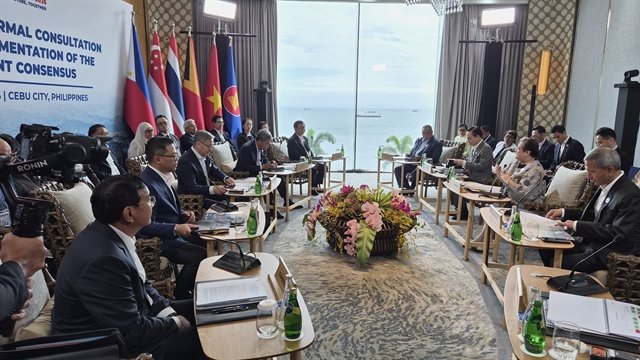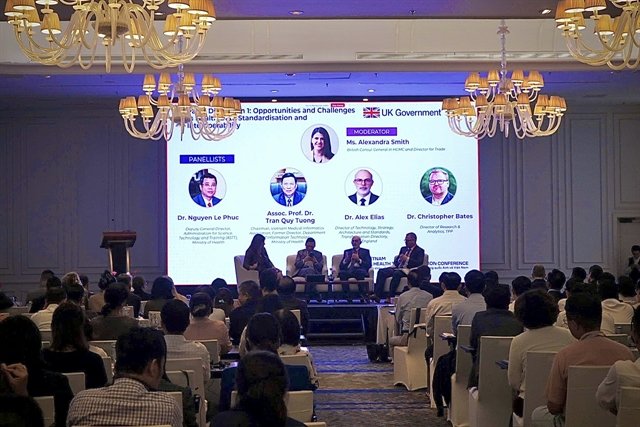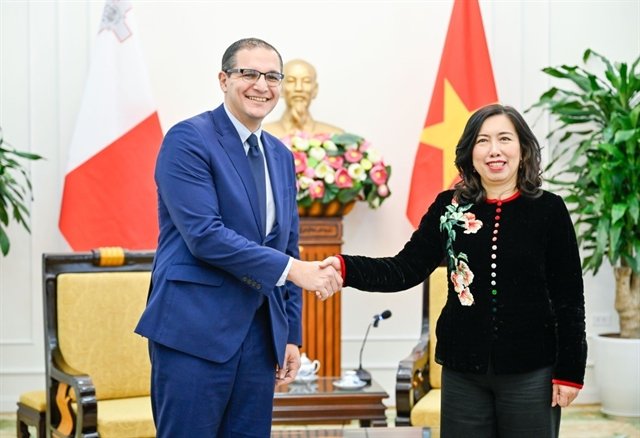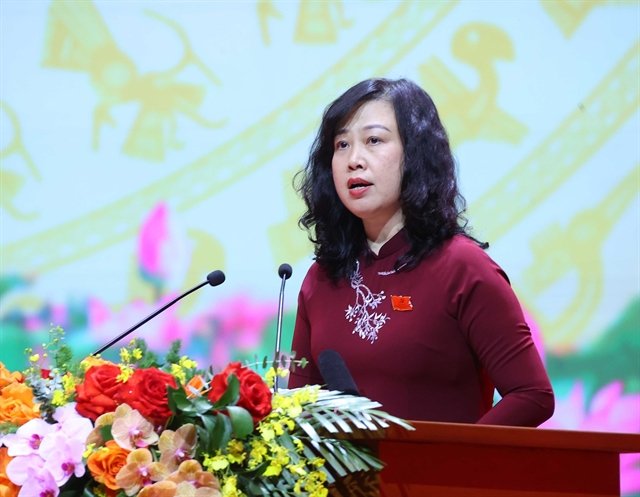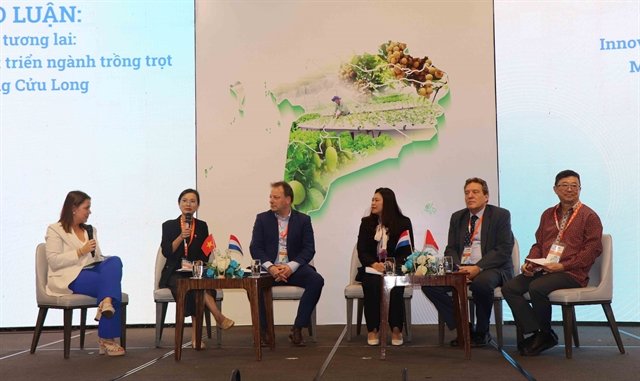Hanoi, February 7, 2025 – The Europe Today: Vietnam and Bulgaria mark the 75th anniversary of their diplomatic relations, established on February 8, 1950, with a deepened commitment to their traditional friendship and multifaceted cooperation. Over the decades, the two nations have built a strong foundation of solidarity, mutual support, and growing collaboration across various sectors.
A Legacy of Friendship and Mutual Support
The historic visit of President Hồ Chí Minh to Bulgaria in 1957 laid the groundwork for bilateral ties, further strengthened during Vietnam’s struggle for independence. Bulgaria provided invaluable support through economic aid, education, healthcare projects, and the training of Vietnamese professionals. Today, many Vietnamese who studied in Bulgaria have become leading figures in science, engineering, and governance, cementing the long-standing people-to-people ties between the two nations.
Bilateral relations have been further reinforced through frequent high-level exchanges. In 2024 alone, notable meetings included Party General Secretary and State President Tô Lâm’s discussions with Bulgarian President Rumen Radev at the UN General Assembly, as well as visits by the Speaker of the Bulgarian National Assembly Rossen Dimitrov Jeliazkov to Vietnam and President Radev’s official visit in November. These engagements reflect Bulgaria’s recognition of Vietnam’s socio-economic achievements and its role as a strategic partner in Southeast Asia.
During President Radev’s visit, both sides reaffirmed their commitment to expanding cooperation in trade, investment, science, education, and regional stability. Bulgaria has also expressed its readiness to serve as a bridge for Vietnam’s cooperation with the European Union (EU) and the Balkans.
Expanding Trade and Economic Cooperation
Bulgaria has been a strong supporter of Vietnam’s economic integration with the EU, advocating for the ratification of key agreements, including the EU-Vietnam Free Trade Agreement (EVFTA) and the EU-Vietnam Investment Protection Agreement (EVIPA). In September 2023, the Bulgarian Parliament ratified the EVIPA, further facilitating trade and investment.
Bilateral trade has shown steady growth, increasing from $118.7 million in 2020 to $263.01 million in 2024. Bulgaria currently has 14 investment projects in Vietnam, with a total capital of $31.32 million, spanning industries such as coffee processing and garment manufacturing. The 24th Inter-Governmental Cooperation Committee meeting in May 2024 emphasized digital and green technologies as key areas for future collaboration.
Development cooperation remains a vital aspect of bilateral ties, with Bulgaria providing Official Development Assistance (ODA) in education and women’s empowerment. Notably, in 2021, Bulgaria contributed €35,000 to a project at Huế University aimed at promoting eco-tourism and poverty reduction.
Strengthening Cultural and Educational Exchanges
Cultural and educational cooperation between Vietnam and Bulgaria has flourished over the years. Thousands of Vietnamese students have studied in Bulgaria, many of whom have made significant contributions to Vietnam’s academic and professional landscape. The establishment of a Vietnamese Language Department at Sofia University highlights Bulgaria’s commitment to fostering deeper cultural understanding.
Both nations have actively engaged in cultural exchanges, signing agreements such as the 2024-2026 Cultural Cooperation Programme. Vietnam’s participation in Bulgarian events, such as the Rose Festival and Slavic Writing Day, and Bulgaria’s cultural showcases in Vietnam further strengthen mutual appreciation.
The Vietnamese community in Bulgaria, numbering over 1,000, continues to play a vital role in cultural and economic exchanges, embodying the enduring friendship between the two peoples.
As Vietnam and Bulgaria celebrate 75 years of diplomatic ties, their growing cooperation across politics, trade, education, and culture stands as a testament to their shared commitment to a prosperous and mutually beneficial partnership.
